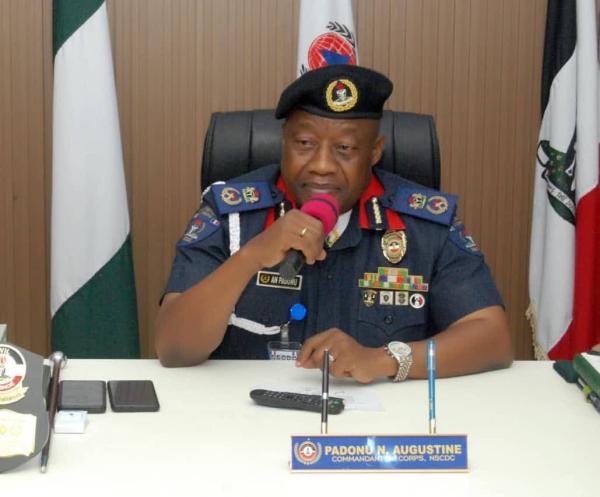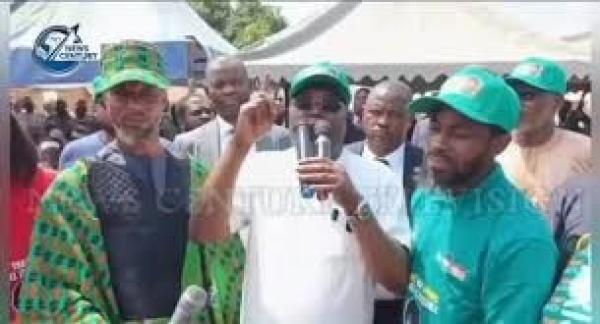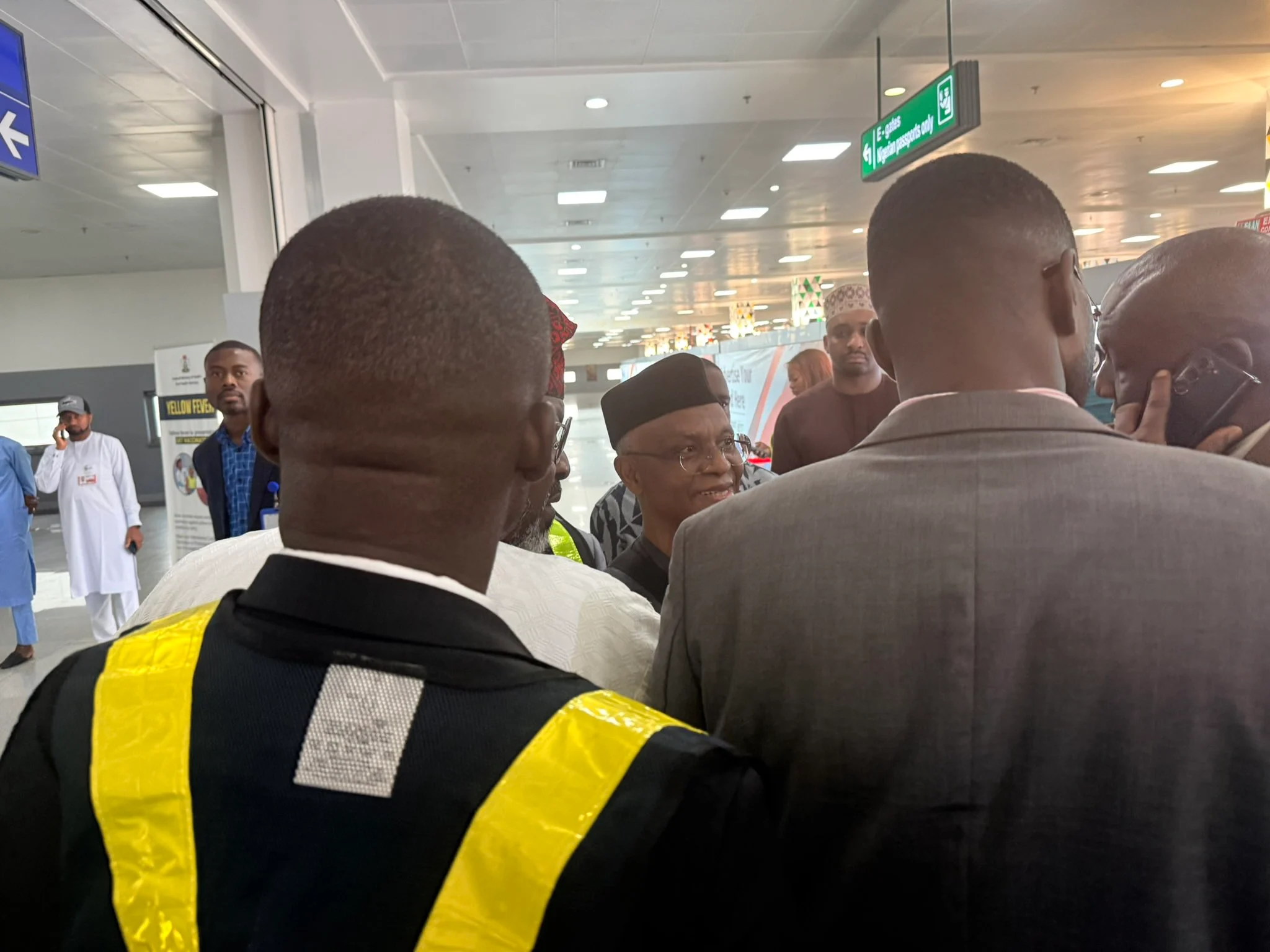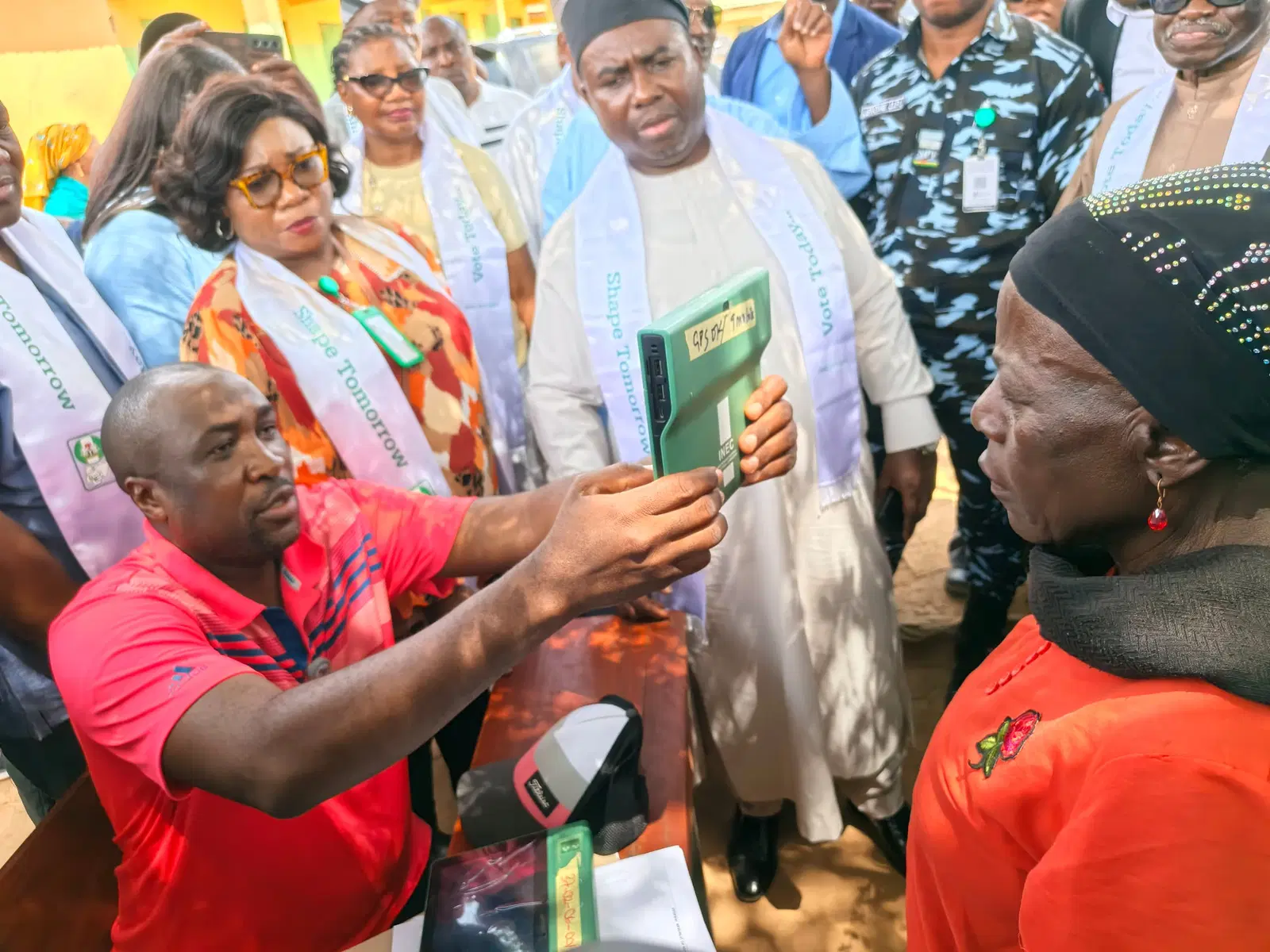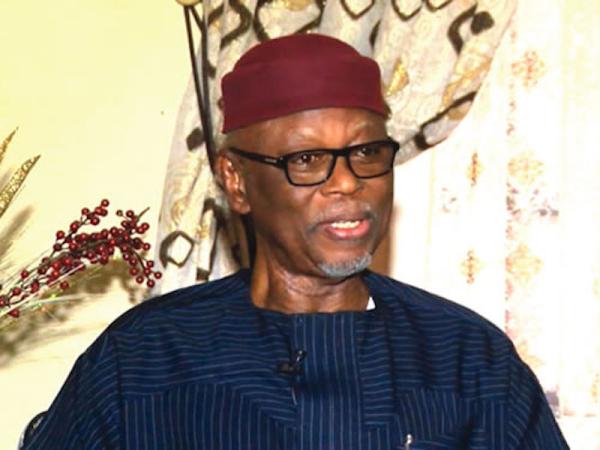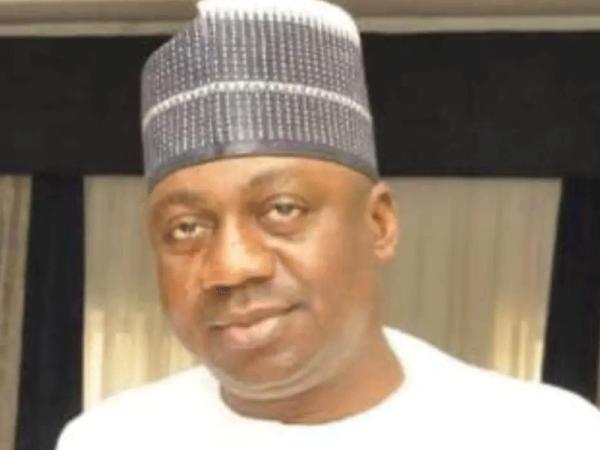
General overseer of the Latter Rain Assembly, Tunde Bakare, has called on Nigerians, especially those in the position of authority, to suspend the 2015 general elections as a way to avoiding the imminent crisis that might trail the polls.
Bakare, instead, said a two-year transitional government should be put in place to adopt the report of the just-concluded National Conference as a way to avoiding the crisis that might follow the polls.
He said in the face of the security challenges facing Nigeria, it would be in the best interest of the country to hold the elections at a future date.
While emphasising that the current situation in the North-east would not allow proper election in areas affected by the activities Boko Haram terrorists, Bakare noted that Nigeria needs the two years extension of the election “like yesterday,” or that the political class should state how the election would hold without rancour.
“In my capacity as a servant of God and a watchman mandated to warn the nation ahead of impending danger, I have already made it clear to the nation that we need a transitional arrangement to pilot our nation out of this chaos before we can talk about elections. He who has ears to hear, let him hear because at this sensitive period in our polity when the nation seems to be tottering on the edge of a precipice, is a general election the solution to our crises or will elections aggravate the problem?” he asked.
“With parts of the North under the siege of Boko Haram insurgents in the form of outright territorial control in some cases and guerilla styled terror attacks in others and with the government failing to bring the situation under control, what is the guarantee that there will indeed be general elections in 2015?
“Even if elections are held successfully in some parts of the country, would results be conclusive without elections in the troubled parts? How would displaced persons cast their votes or are they automatically disenfranchised? How safe would massive campaign rallies be? With politicians and their militant cronies on both sides facing up to one another ahead of the elections and sounding the drumbeats of war should the elections not go in their respective interests, what would be the aftermath of a general election?
“We may argue that elections have been successfully held in some states under heavy military presence but let us not forget that we do not hold staggered elections in Nigeria. We are talking about general elections.
“If one were to ignore the atmosphere of intimidation and the warlike environment that such massive military deployment across the nation at the same time would create, do we even have sufficient security personnel for such a mission? What would be the impact of such a thin spread of our military on the safety of terror-stricken areas? In whatever way the results of the general election go – North or South – are we prepared for the reactions that could ensue?”
“Against the structural and systemic backdrop of the chaotic state of the nation, what is the wisdom in holding elections without dealing with these foundational problems? If the politicians ignore these salient questions and go ahead to juggle for power in the midst of chaos, then that would seem to lend credence to the allegation that the politicians do know what the Nigerian people do not know and are behind the crises in our nation, competing among themselves to see who can best manipulate the situation for political gains, not caring how many lives are lost in the process as long as personal ambition is achieved,” he noted.
“We need to address firstly the underlying problems by joining forces to deal with insurgency, seeking national reconciliation and integration, forging a new people’s constitution, developing a blueprint for development along zonal lines, organising an accurate census and establishing a truly independent electoral commission whose head is not appointed by the president and whose financial allocation will be obtained from the first line charge of the federation account.
“We must understand at this crucial stage in the history of our nation that this is no time to engage in the blame game that has torn us apart these past 100 years: the blame game between the North and the South, the blame game between the Christians and the Muslims, the blame game among political parties and the blame game between the leadership and the people,” he advised.
“The best of the North and the best of the South must come together. Instead of mediocres mistakenly labelled moderates, the best, the brightest, the fittest and the most competent must come together and steer the ship of the nation along the path of predictable development and progress.”












